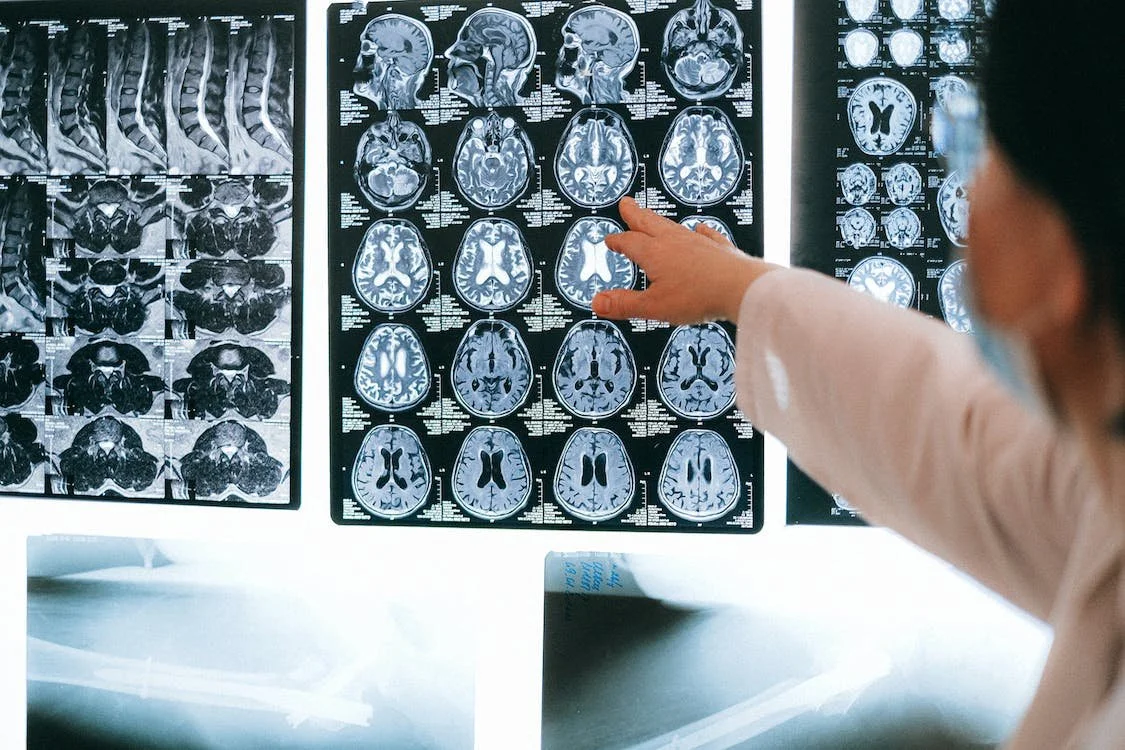Our Research
The PIXIE Lab focuses on the interaction between biological and psychosocial risk factors in the development of psychiatric disorders. More specifically we are studying the role of inflammation, cortisol, and other hormones and their interaction with stressful experiences in early life in the development of depression and psychosis in both adolescents and adults. Our aim is to develop personalised and more effective prevention and treatment strategies for psychiatric disorders, guided by biomarker and psychosocial factors profiles.
Our Research Projects
Identifying Depression Early in Adolescence (IDEA) study
This is a global mental health project aiming to identify biological, psychological and social markers which could help identify adolescents at high risk of developing depression. As part of this project we have developed a composite risk score able to identify at age 15 those adolescents at higher risk of developing depression at age 18. As part of this project, we are currently investigating biological phenotypes of increased risk for depression and biological predictors of depression in adolescence.
Recruitment: Closed
Research/Analysis: Ongoing
Publications: Zajkowska et al., 2023; Rohrsetzer et al., 2023, Cunha et al., 2023; Viduani et al., 2023; Pereira et al., 2022; Coye et al., 2022; Wahid et al., 2022; Tonen et al., 2022; Velazquez et al., 2022; Pedersen et al., 2022; Yoon et al., 2022; Latham et al., 2022; Burgess et al., 2022; Viduani et al., 2022; Zajkowska et al., 2022; Manfro et al., 2021; Mondelli et al., 2021; Viduani et al., 2021; Trotta et al., 2021; Yoon et al., 2021; Kieling et al., 2021; Zajkowska et al., 2021; Latham et al., 2021; Battel et al., 2021; Rocha et al., 2021; Wahid et al., 2021; Brathwaite et al., 2020; Wahid et al., 2020; Brathwaite et al., 2020; Pedersen et al., 2020; Battel et al., 2020; Kielling et al., 2020.
The BARIatric Surgery and DEPression (BARIDEP) study
In this study, we investigated the biological mechanisms underlying the comorbidity between depression and obesity in individuals underlying weight-loss (bariatric) surgery with a particular focus on the role of inflammation. As part of the study, we are also investigating predictors of physical and mental health outcomes following weight-loss surgery. We found that depression was associated with increased inflammation beyond the effect of obesity, and higher inflammation, rather than depression, may drive poor weight loss outcomes among bariatric patients.
Recruitment: Closed
Research/Analysis: Ongoing
Publications: Mariani et al., 2023; McLaughlin et al., 2023.
The MINocycline in DEPression (MINDEP) study
This is a placebo-controlled randomised clinical drug trial that investigated the efficacy of add-on minocyline treatment (an antibiotic with anti-inflammatory and antidepressant proprieties) in patients with treatment-resistant depression who were selected for evidence of increased inflammation. We found that add-on treatment with minocycline was effective only in patients with low-grade inflammation.
Recruitment: Closed
Research/Analysis: Ongoing
Publications: Nettis et al., 2023; Lombardo et al., 2022; Nettis et al., 2021.
The BIOmarkers in DEPression (BIODEP) study
This study is a multi-centre observational study that sees the collaboration between Brighton, Cambridge, Glasgow, London (King’s College), and Oxford. The study aimed to investigate immune-related biomarkers and profiles in patients with depression, stratified also for treatment exposure (responders, non-responders, and drug free). We found that the severity of childhood trauma experience contributed to a lack of response to antidepressant treatment.
Recruitment: Closed
Research/Analysis: Ongoing
Publications: Sforzini et al., 2023; McLaughlin et al., 2021; Turkheimer et al., 2021; Shubert et al., 2021; Cattaneo et al., 2020; Lynall et al., 2020; Nikkheslat et al., 2020; Chamberlain et al., 2019; Lynall et al., 2019; Chamberlain et al., 2018.
The FLAME study
This study investigated how inflammation in the body can affect inflammation in the brain. Specifically, we were interested in microglial cell activation, using Positron Emission Tomography technique. We found that inflammation in the body produced changes in the brain indicating a brain immune response.
The LEARN-MOOD study
In this study we explored whether passive sensing data collected from wearable devices such as wristwatch fitness trackers could help in detecting mood changes in people with depression.
Depression & Inflammation study
This study investigated inflammatory predictors of depression by evaluating the effects of immunotherapy treatment for chronic hepatitis C viral infection. Often, immunotherapies such as interferon-alpha (and ribavirin), which were commonly used in the past, also increased the likelihood of developing depression in about 30% of those receiving treatment. Our research team investigated how clinical and biological factors are associated with development of interferon-alpha induced depression. We found that patients who developed IFN-α-induced depression had an increased biological sensitivity to IFN-α, as shown by larger gene expression changes related to inflammation, neuroplasticity and oxidative stress-related pathways.
Recruitment: Closed
Research/Analysis: Complete
Publications: Zajkowska et al., 2020; Hepgul et al., 2016.
Fatigue & Inflammation study
This study investigated the inflammatory mechanisms of persistent fatigue commonly developed following interferon-alpha (and ribavirin) treatment for chronic hepatitis C viral infection. We used this as a proxy model for chronic fatigue syndrome. We found that patients who developed persistent fatigue had an exaggerated initial response to treatment.
The Genetics And Psychosis (GAP) study
As part of this wide study focussing on genetic factors associated with onset of psychosis, we investigated cortisol and inflammatory markers in relation to brain structure and clinical outcome in individuals experiencing the first episode of psychosis. As part of this study, we have been the first to describe an abnormal biological response to stress at the onset of psychosis. As part of our work in this study, we identified the biological response to stress as one of the factors contributing to the brain abnormalities found at psychosis onset and we showed that biomarkers of stress predict poor clinical outcome in first episode psychosis.
Recruitment: Closed
Research/Analysis: Complete
Publications: Mondelli et al., 2015; Mondelli et al., 2011; Mondelli et al., 2010;












